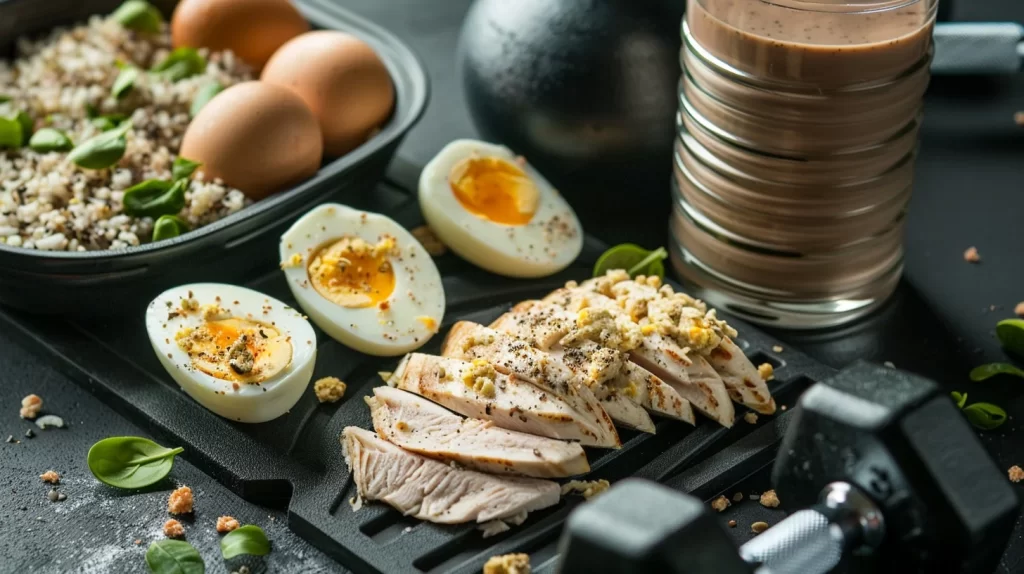Nutrition is a vital component of a runner’s training regimen. In fact, what you eat can significantly impact your energy levels, endurance, and recovery. Therefore, whether you’re a beginner or a seasoned marathoner, understanding the basics of running nutrition can help you perform at your best and stay healthy. This guide covers essential nutrients, meal timing, and hydration tips to optimize your running performance.
1. The Importance of Carbohydrates
Why Carbohydrates Matter:
Carbohydrates are the primary fuel source for runners. During exercise, your body relies on glycogen, a form of carbohydrate stored in your muscles and liver. Consequently, eating enough carbs ensures you have sufficient glycogen reserves, which can improve your stamina and delay fatigue.
Best Sources:
- Whole grains (brown rice, oats, quinoa)
- Fruits (bananas, apples, berries)
- Vegetables (sweet potatoes, carrots)
- Legumes (beans, lentils)
2. Protein for Muscle Repair and Recovery
Role of Protein:
Protein is crucial for repairing and building muscle tissues. After a run, your muscles undergo stress and need protein to recover and grow stronger. Moreover, adequate protein intake can also help prevent injuries and support immune function.
Best Sources:
- Lean meats (chicken, turkey)
- Fish (salmon, tuna)
- Dairy products (Greek yogurt, milk)
- Plant-based proteins (tofu, tempeh)
3. Healthy Fats for Sustained Energy
Why Healthy Fats Are Important:
Healthy fats provide long-lasting energy and support overall health. They help in the absorption of fat-soluble vitamins (A, D, E, K) and are essential for hormonal balance. Thus, including healthy fats in your diet can help you maintain energy during longer runs.
Best Sources:
- Avocados
- Nuts and seeds (almonds, chia seeds)
- Olive oil
- Fatty fish (mackerel, sardines)
4. Hydration: The Key to Optimal Performance
Why Hydration Matters:
Proper hydration is essential for peak performance and preventing dehydration. Water helps regulate body temperature, transport nutrients, and remove waste products. During intense or long runs, you may also need to replenish electrolytes lost through sweat.
Hydration Tips:
- Drink water regularly throughout the day.
- Additionally, consume an electrolyte-rich beverage during long runs or in hot weather.
- Finally, include hydrating foods in your diet (cucumbers, watermelon).
5. Timing Your Meals
Pre-Run Nutrition:
Eat a balanced meal 2-3 hours before running. Focus on carbs with a moderate amount of protein and a small amount of fat. If you need a quick boost, a pre-run snack, such as a banana with peanut butter, can also provide quick energy if eaten about 30 minutes before exercise.
Post-Run Nutrition:
After your run, consume a meal or snack with a mix of carbs and protein to replenish glycogen stores and support muscle repair. For instance, a smoothie with fruit and protein powder or a chicken wrap can be effective options.
6. Avoiding Common Pitfalls
Common Mistakes:
- First, skipping meals can hinder your energy levels. Ensure you’re eating regularly to maintain your energy.
- Second, overloading on fats can lead to imbalances. While fats are important, they should be consumed in moderation.
- Finally, ignoring hydration can significantly impact performance. Stay hydrated before, during, and after your runs.
Conclusion:
Nutrition plays a crucial role in enhancing your running performance and overall health. By focusing on a balanced intake of carbohydrates, proteins, and healthy fats, along with staying hydrated, you can support your training and recovery effectively. For more tips on optimizing your diet for running, check out resources like the Academy of Nutrition and Dietetics for expert advice on athletic nutrition.
Run smart, fuel well, and enjoy the journey to reaching your running goals!



